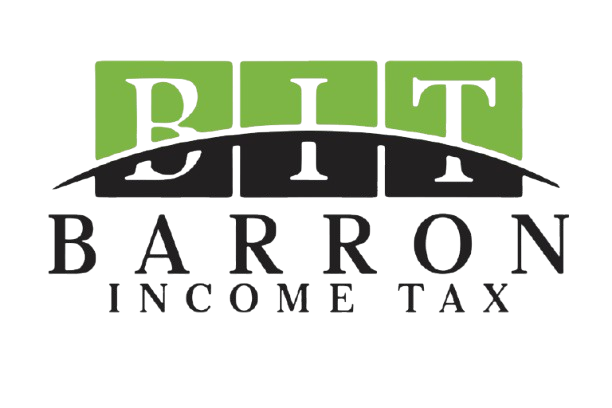How to Avoid a Tax Audit: 7 Tips for Small Business Owners
March 1, 2024
Compliance with tax laws is paramount for small business owners; navigating these waters smoothly can avoid the potential risks and inconveniences associated with tax audits. This blog aims to arm small business owners with practical strategies to minimize the risk of an IRS audit. While some audits result from random selection, it’s essential to understand […]
The post How to Avoid a Tax Audit: 7 Tips for Small Business Owners appeared first on Barron Income Tax.

Planning for retirement goes beyond just saving money. Taxes can significantly impact your nest egg, so crafting an effective tax strategy is crucial. By considering tax implications throughout your retirement journey, you can potentially save a substantial amount of money. However, navigating the intricacies of tax laws, especially for retirees, can be complex. Barron Income […]
The post 5 Great Ways to Cut Taxes in Retirement appeared first on Barron Income Tax.

Owning real estate comes with many financial considerations, and taxes are a significant one. Real estate tax preparation goes beyond simply filing forms. It’s about uncovering opportunities to maximize your financial efficiency as a property owner. Real estate taxes can be intricate, with deductions and credits that the untrained eye might miss. These hidden savings […]
The post Unlock Hidden Savings: Why You Need a Real Estate Tax Preparer appeared first on Barron Income Tax.

Every dollar counts for small businesses! Tax planning is an essential aspect of managing a small business effectively. Navigating the complexities of tax preparation can be challenging, but with the right tools and knowledge, you can optimize your financial outcomes. This is where the small business tax deductions checklist for 2024 becomes invaluable. Designed with […]
The post The Ultimate Small Business Tax Deductions Checklist 2024 appeared first on Barron Income Tax.
Blog
